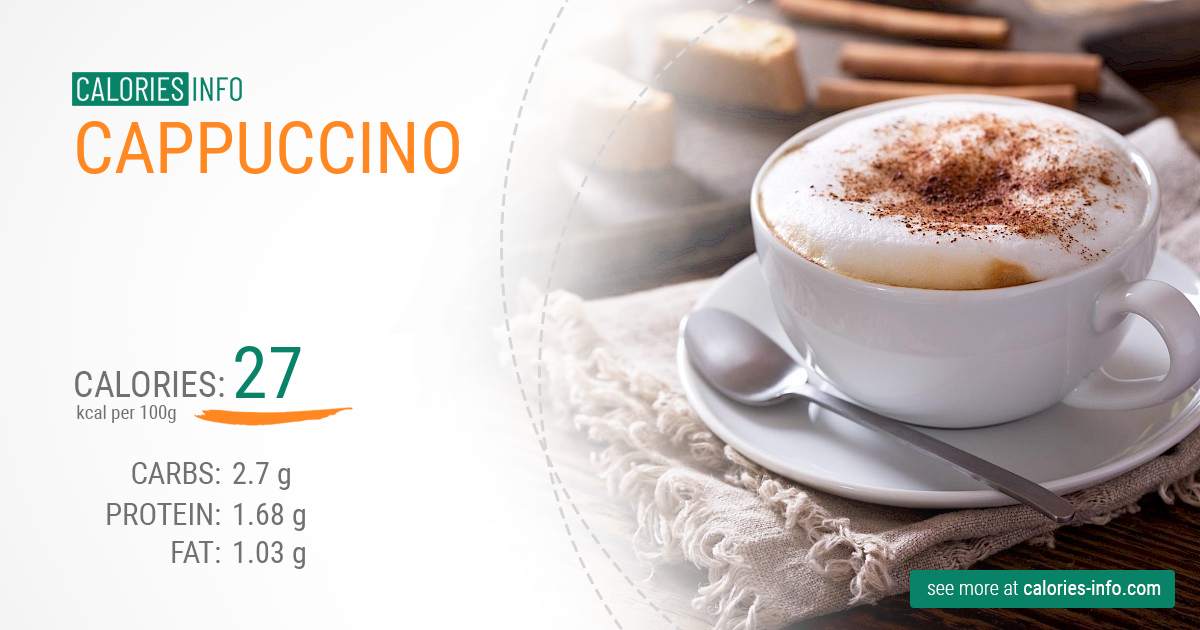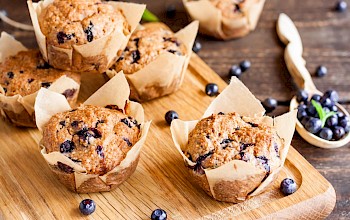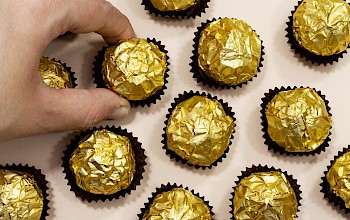Cappuccino: Calories and Nutrition Analyse
How many calories in cappuccino?

Nutrition Facts
CappuccinoServing size:
standard serving size of cappuccino (125 g) change
5g10g15g20g30g40g50g60g80g100g120g140g160g180g200g220g250g300g350g400g450g500g600g700g800g900g1000g
1oz2oz3oz4oz5oz6oz7oz8oz10oz12oz15oz20oz25oz30oz35oz40oz50oz
Amount Per Serving:
100g of cappuccino contain about 27 calories (kcal).
Calories per:
ounce
| standard serving size, glass
To show you what does it mean, a standard serving size of cappuccino (125 g) contain about 34 calories.
This is about 2% of the daily caloric intake for an average adult with medium weight and activity level (assuming a 2000 kcal daily intake).
Scroll down for details and nutrition tables.
To visualize how much 34 kcal actually is, keep in mind that the calorie content of cappuccino is similar to that of, for example:
- 0.5 apple
- 1.5 cubes of sugar
Take a quick look at the tables below for detailed information about cappuccino nutrition.
100g of Cappuccino
Nutrition
- Calories27
- Carbs Total2.7 g
- Dietary fiber0 g
- Fat1.03 g
- Protein1.68 g
- Water94.16 g
Vitamins
- Vit B1 (Thiamine)0.018 mg
- Vit B2 (riboflavin)0.123 mg
- Vit B3 (Niacin)0.934 mg
- Vit B60.018 mg
- Vit B9 (Folic acid)0.002 mcg
- Vit C0.1 mg
- Vit E0.02 mg
Minerals
- Potassium90 mg
- Magnessium20 mg
- Calcium62 mg
- Sodium27 mg
- Iron0.03 mg
Interesting Facts About Cappuccino
Before we dive into the nutritional aspects of cappuccino, let's warm up with some interesting facts about this beloved beverage. Originating in Italy, the cappuccino is named after the Capuchin friars, referencing the color of their robes. A traditional cappuccino is a delightful blend of espresso, steamed milk, and milk foam, often enjoyed as a morning drink but beloved by coffee aficionados around the clock.
Cappuccino Calories and Nutrition
When it comes to understanding the nutritional value of a cappuccino, it's essential to consider the ingredients. A standard cappuccino consists of equal parts espresso, steamed milk, and milk foam. The nutritional content can vary based on the type of milk used (whole, skim, or plant-based), but here's a general breakdown for a typical 8-ounce (240 ml) serving made with whole milk:
- Calories: 27
- Carbohydrates: 2.7g
- Fiber: 0g
- Fat: 1.03g
- Protein: 1.68g
- Sugar: 2.55g
- Calcium: 62mg
- Potassium: 90mg
- Sodium: 27mg
It's worth noting that the protein in cappuccino contributes to its nutritional value, making it a beverage that can help in keeping you fuller for longer. The fat in cappuccino, primarily from milk, is relatively low, especially if you opt for skim or plant-based milks. The carbs in cappuccino mainly come from lactose, the natural sugar found in milk.
The Role of Cappuccino in a Healthy Diet
While a cappuccino can fit into a healthy diet, moderation is key. The calories in a cappuccino are relatively low, making it a better choice than many sugar-laden coffee beverages. However, if you're watching your calorie intake or have specific dietary needs, consider the type of milk used and the addition of any sweeteners or flavored syrups, which can significantly increase the calorie and sugar content.
For those concerned about caffeine, a single shot of espresso in a cappuccino contains about 63 mg of caffeine, which is about half the caffeine content of a standard cup of brewed coffee. This makes a cappuccino a moderate choice for caffeine consumption.
Conclusion
In conclusion, a cappuccino can be a delightful addition to your diet, offering not just a caffeine kick but also some nutritional benefits, especially in terms of protein and calcium. By choosing the right type of milk and being mindful of added sugars, you can enjoy this classic Italian beverage as part of a balanced diet. So next time you sip on your cappuccino, you'll know exactly what's in your cup.
How many calories are there in 1, 2, 3, or 5 servings of cappuccino?
- Standard serving size of cappuccino (125 g)34 kcal
- Glass full of cappuccino (220g)59 kcal
- Ounce (oz) of cappuccino8 kcal
- Half of medium size servings of cappuccino17 kcal
- Small size serving of cappuccino (100g)27.2 kcal
- Big size cappuccino (163g)44.2 kcal
- Two medium size servings of cappuccino68 kcal
- Three medium size servings of cappuccino102 kcal
- Four medium size servings of cappuccino136 kcal
- Five medium size servings of cappuccino170 kcal

Similar calories number have:
See also:
Read this:
- How many calories does fried dumpling (vada) have?
- Calories in handful of frozen mixed vegetables
- Calories in tablespoon of frozen mixed vegetables
- How many carbs (carbohydrates) in black forest ham?
- How much fat in Gingerbread cookie?
- How much protein in chicken tenders?
- What is weight of cinnamon?
- Fish sticks calories per ounce (oz)
- Kaiser roll calories per serving size



Add comment